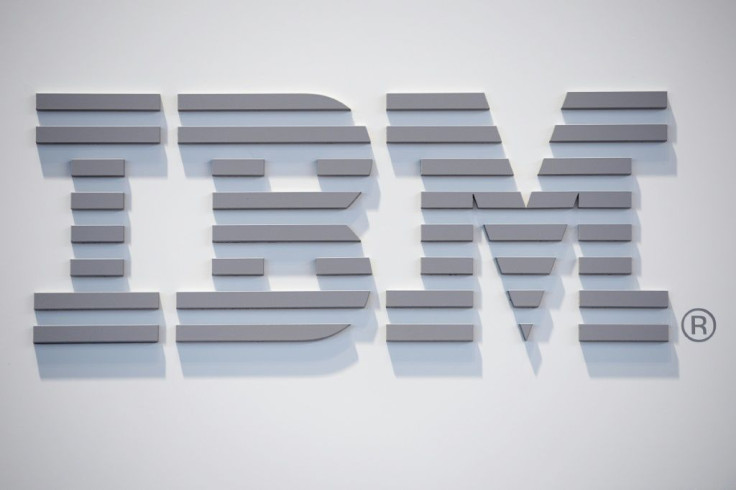Red Hat Is The New IBM
Red Hat is at the core of a new smaller IBM, helping it grow again. This week, Big Blue reported an 8% jump in revenues, thanks to solid hybrid cloud sales driven by Red Hat's platform.
"Demand for hybrid cloud and AI drove growth in both software and consulting in the first quarter. Today we're a more focused business and our results reflect the execution of our strategy," said Arvind Krishna, IBM chairman and chief executive officer. "We are off to a solid start for the year, and we now see revenue growth for 2022 at the high end of our model."
Specifically, sales of software (includes hybrid platform & solutions, transaction processing) reached $5.8 billion, up 15.4% yoy at constant currency; hybrid platform & solutions up 10% in constant currency; and Red Hat up 21%.
IBM is a much different company today than it was a decade ago. Thanks to a multi-year "creative destruction process," the shedding of mature declining businesses, and the plowing of resources to emerging high growth sectors like the "hybrid" multi-cloud market. That's a computing environment that combines multiple cloud providers and clouds, a $91.74 billion industry, according to Statista.
In the last two years, IBM's creative destruction accelerated with two critical strategic moves. First, the $34 billion acquisition of Red Hat in July 2019 brought to the technology giant the world's most extensive open-source technology portfolio, an innovative hybrid cloud platform, and a vast open-source developer community.
Second, the spin-off of traditional business into a new publicly traded entity under the name Kyndryl last November.
These two moves have transformed Big Blue into a new company with Red Hat at its center and a new focus on hybrid cloud and AI markets. Meanwhile, IBM maintained its partnership with Kyndryl, and its name.
"The separation of Kyndryl is one of many actions we are taking to sharpen our focus on hybrid cloud and AI, leverage a portfolio clearly focused on technology and consulting, and achieve our growth objectives," said CEO Krishna. "We look forward to our partnership with Kyndryl as it moves forward as an independent company."
IBM's strong sales are a good sign for the rest of the IT industry, according to Kunal Sawhney, CEO of Kalkine Group. "IBM's first-quarter revenue from its software business has risen, which can be reflected in the earnings reports of Microsoft and Alphabet Inc due next week," he says.
Still, Sawhney isn't that optimistic for IBM's stock in the future. "Despite the revenue jump in the first quarter, IBM's stock price this year is still negative, although better than Microsoft and many other big stocks." This performance trajectory can mean that despite improved or even better-than-expected earnings, software companies can see a subdued stock performance this year."
But that could change quickly if the Federal Reserve manages to engineer a "soft landing" for the U.S. economy—bringing down inflation without causing a recession.
Meanwhile, IBM may want to consider changing its name to Red Hat. It may stir some hype in Wall Street among the momentum crowd, helping push its shares higher.

© Copyright IBTimes 2024. All rights reserved.






















